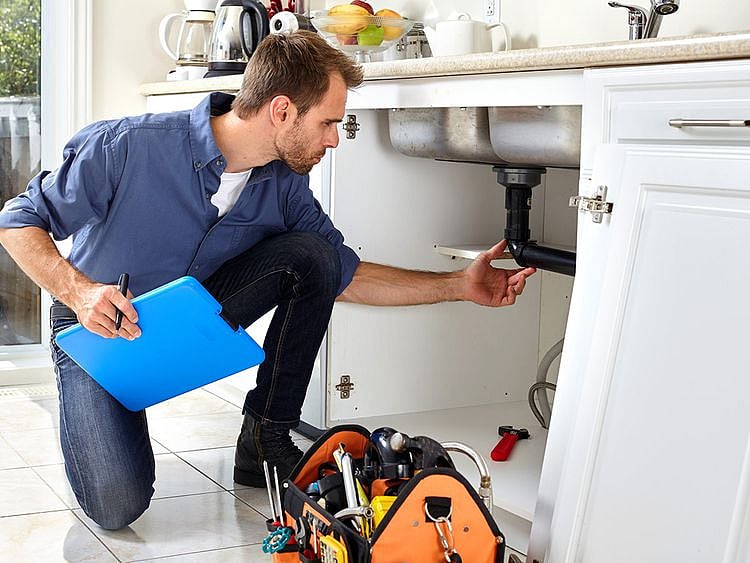UAE: My landlord isn’t paying for maintenance. What can I do?
If contract doesn't specify landlord’s responsibility, who takes care of maintenance work?

Dubai: If your landlord refuses to ensure regular maintenance work at your apartment or villa, do you have a legal right to ask for the work to be paid for by him or her? A Gulf News reader wrote in, sharing his experience while living in an apartment in Sharjah.
He said: “I am residing in Al Nahda, Sharjah and need your help with regards to maintenance in the apartment that I live in. I have been living here since 2016 and the maintenance was done by the landlord, but for the past one year the maintenance team has been asking us to pay for all the wear and tear inside the apartment like sanitary works, plumbing and electrical maintenance. Whose scope does this fall under, legally? Also, in case this has to be done by the landlord, could you provide details on which department I can complain to? Nowhere in the contract have they mentioned that the apartment maintenance will be part of their scope of work. I request for your kind help and clarification.”
Gulf News raised the query with Mohamed Gamal, Legal Adviser at Kaden Boriss Legal Consultants Dubai, who explained that the lease relationship is regulated based on the tenancy contract. While tenancy laws in the UAE specify various aspects of the relationship between a landlord and a tenant, the responsibility of maintenance of a residential unit is not specified. So, payment for maintenance is not a legal obligation for either of the two parties.
Legal vs contractual obligation
The party responsible to ensure maintenance, and what is considered regular wear and tear should be specified in the rental contract that the two parties sign. So, ensuring/paying for maintenance becomes a ‘contractual obligation’.
“The rental law obliges the tenant to deliver the property in the state in which it was received at the time of the contract. Similarly, the landlord is also obligated to return the security deposit that was taken from the tenant to ensure the maintenance of the property at the end of the contract period,” Gamal said.
“However, the law does not oblige either of the parties to carry out maintenance on their part. This must be clarified in the terms of the contract,” he added.
This is why it is important to read your rental contract in detail, before signing a lease, so that as a tenant you are aware of your rights and responsibilities. To know more about what exactly you should be checking in your tenancy agreement, read our detailed guide here.
No details in the contract
If your tenancy contract does not specify whose responsibility it is to ensure the maintenance of the residential unit, it is advisable to seek legal counsel.
“If there is a dispute arising between the landlord and the tenant, the tenant must immediately turn to a lawyer or legal advisor in order to study the contract and give him advice,” Gamal said.
In case a person is struggling financially, is there an option to request for lowering of rent if the tenant does undertake paying for the maintenance? According to Gamal, there is always the possibility to negotiate better terms with a landlord, along with the option to take the legal route in case of a breakdown in communication between the two parties.
"The tenant can always request for a rent reduction, if he or she can do so in a friendly way with the landlord. If not, in cases where the tenant finds a unit with a lower rent, or if he is terminated from his job or due to any other reason which makes it unable for him to pay the rent, he or she can also request for a rent reduction through the court," Gamal said.
Sign up for the Daily Briefing
Get the latest news and updates straight to your inbox
Network Links
GN StoreDownload our app
© Al Nisr Publishing LLC 2025. All rights reserved.